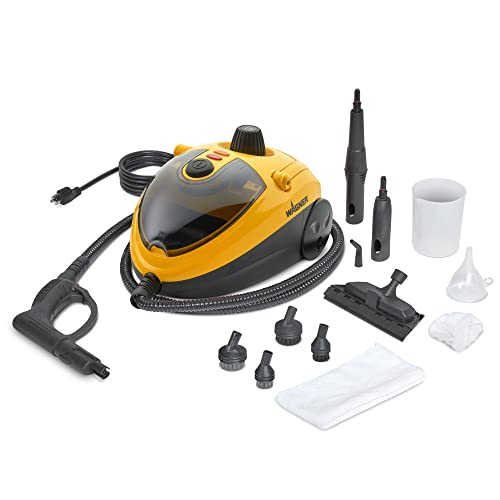So it's been blowing a storm and the days are short, but I'd picked up the brake parts from the main dealer the other day, so did the job.
I released the rear parking brake, put in some wooden chocks on the wheels, then disconnected the high voltage cable. Jacked one side up, then threw an axle stand in for safety.
Release the brake fluid cap and leave it off.
First off if you're attempting this, then get a new brake pad sensor cable. The one that was on the car was 5 years old, but although not damaged, the plastic is brittle if you try to lever it off, so you don't need the grief if it breaks, and the chances it will. I found my our welded onto the pad. The sensor is only on one side by the way. This is a UK right hand drive so was located on the offside.
There's an anti rattle pin, so that levers off no problem. Then the brake slider pins. Not sure if it's a 7mm Allen key, but I used Torx bits and worked fine. You need longer Torx bits as the lower suspension arm restricts movement if you're using the standard size. Ideally on a 1/2" drive for leverage.
With the brake sliders out (they need cleaned with a little 3M paper and light oil. Now you can lever off the caliper. The brake pad sensor you can trace back to the plastic junction box. Usual clips to separate.
The brake rotor is held on with one Torx screw. With that off, then chances are the brake rotor is seized on. Decent sized lump hammer, couple of blows and it's off.
Now it's possible to fit new rotors without removing the brake carriers, but if you're doing it properly they need to come off. BMW use Torx bolts, Torx socket 18mm fits. There's not much room, but if tight, hit the ratchet drive with a rubber mallet to start the job.
The brake carrier needs a thorough clean. I use brake cleaner and a drill with wire wheel attachment.
Now the brake caliper, ignore the video I posted earlier regards removing the electric drive. The brake piston can be reset by screwing the piston back in with a brake wind back tool. Draper or Laser tools have interchangeable heads with 2 pins to locate on the piston bore face. Turn it clockwise.
Wire brush and use brake cleaner on the caliper. Inspect the rubber piston boot while you're there.
Reassembly is straight forward. The pads are marked inner (has spring clips) and is the one the sensor connects to. I used ProSlip grease for the pads, slider pins and clips. Use a little marine grease on the threads of the carrier and on the hub before you refit the rotor.
With everything refitted and torqued on both sides, refit high voltage cable, check the brake fluid level and pump the brakes a few times before going for a test drive.
The brake sliders were bone dry, so the whole thing is reassembled and greased it should be good for another 5 years.
https://ibb.co/Q6CfjH1
https://ibb.co/Kz9pgJF
https://ibb.co/hLQ6v2L
https://ibb.co/prKLw2B
https://ibb.co/p3WV9VS
https://ibb.co/g4T1fVT
https://ibb.co/bRJtgTz
https://ibb.co/h9hqC5L
https://ibb.co/ftb9f51
https://ibb.co/cX1GKgm































![[Updated] 600W Power Inverter for Vehicles 12v to 110v, Dual DC to AC Car Inverters Converter Car Adapter for Wall Plug Outlet with USB C 65w/24W Fast Charge for Laptop Road Trip/Long Drive/Camping](https://m.media-amazon.com/images/I/41+ce37YsRL._SL500_.jpg)









![300W Car Power Inverter DC12V to AC110V,Dc to AC Car Plug Adapter Outlet with Multi USB[24W USB-C] /USB-Fast Charger(24W) Car Inverter,Car Charger for Laptop Vehicles Road Trip PiSFAU](https://m.media-amazon.com/images/I/41-KedJShYL._SL500_.jpg)






